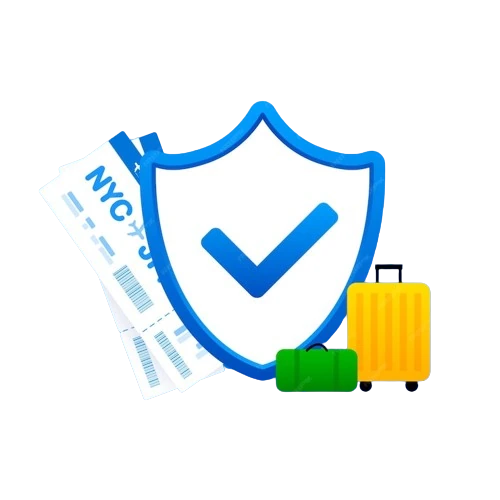Termination Requirements
In Germany, terminations must adhere to specific regulations and the terms outlined in the employee's contract. The off-boarding process is typically managed by the employer in collaboration with key stakeholders, encompassing any necessary fees and adhering to the prescribed steps for specific termination cases.
- Process Management: Employers handle off-boarding with stakeholders and address fees.
- Valid Reasons: Termination requires a valid reason and lack of redeployment opportunity.
- Grounds for Termination: Recognized reasons include redundancy, long-term disability, underperformance, etc.
- Complex Procedures: Unilateral termination without consent or authority approval is generally prohibited.
- Preferred Mutual Consent: Seeking mutual agreement is often preferred for compliance and avoids governmental permission.
- Employee Communication: Clear and open communication on termination reasons is essential for understanding and transparency.
- Data Privacy: Ensuring compliance with data privacy laws when handling and storing employee information during and after termination.
In Germany, an employer can terminate an employment agreement based on valid reasons, such as redundancy or long-term disability, provided there is no suitable redeployment opportunity. Termination is intricate, typically requiring mutual agreement to comply with labor laws and avoid unilateral action without employee consent or approval from authorities, like labor courts.
Notice Period
In Germany, when termination occurs through mutual consent, notice periods are typically required to secure the employee's agreement. The duration of the notice period can range from 1 to 3 months, depending on the employee's length of service. Notice periods generally commence at the end of the month.
Notice periods are determined as follows:
- Less than 2 years of service: 1 month's notice
- Between 2 and 5 years of service: 2 months' notice
- Between 5 and 8 years of service: 3 months' notice
- 8 years or more of service: 4 months' notice
Severance for Employees
In Germany, when termination occurs by mutual consent, severance payments may be negotiated, typically ranging from 1 to 3 months of salary, depending on the circumstances. If termination is mandated by the court or relevant authorities, statutory severance pay is required, approximately equivalent to 1/2 of the gross monthly salary per year worked.
To mitigate financial risks associated with terminations, our company applies a Severance Accrual to all employment agreements in Germany. This calculation aligns with prevailing statutory entitlements and local best practices. Any unused amounts in the event of employee resignation or absence of severance entitlement are returned to the employer.











Social Health